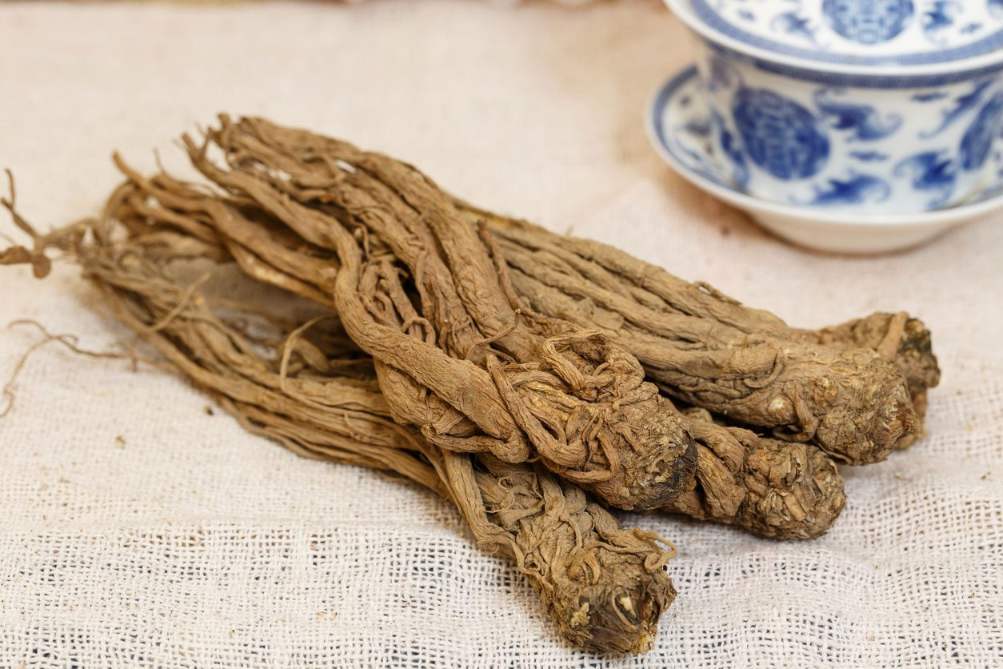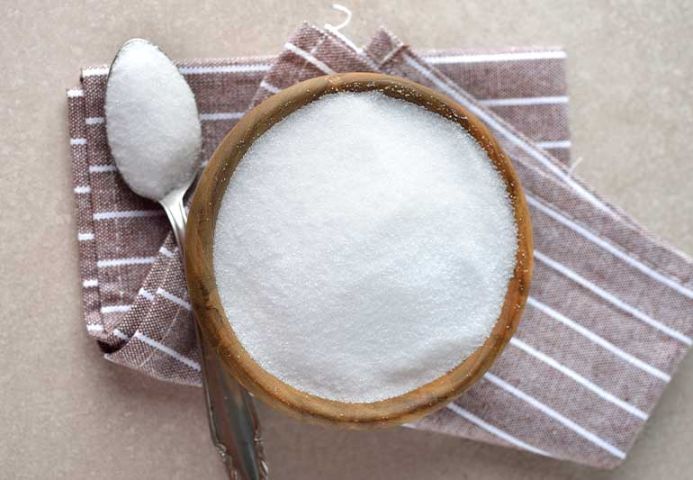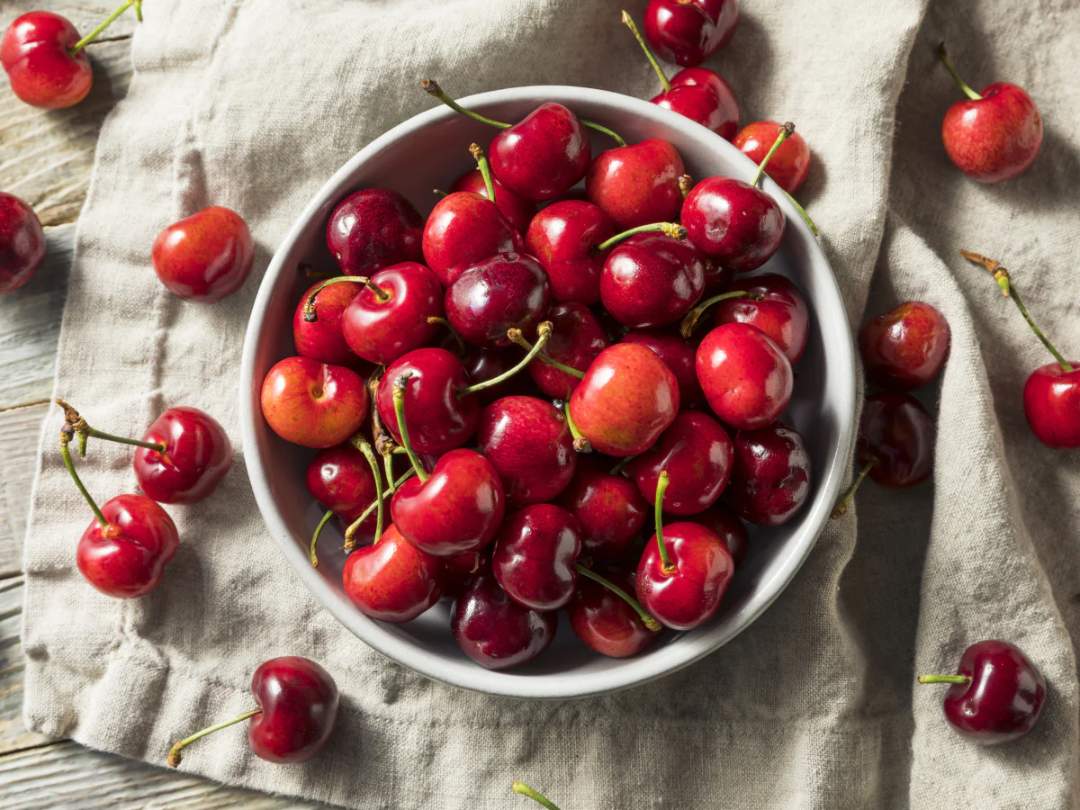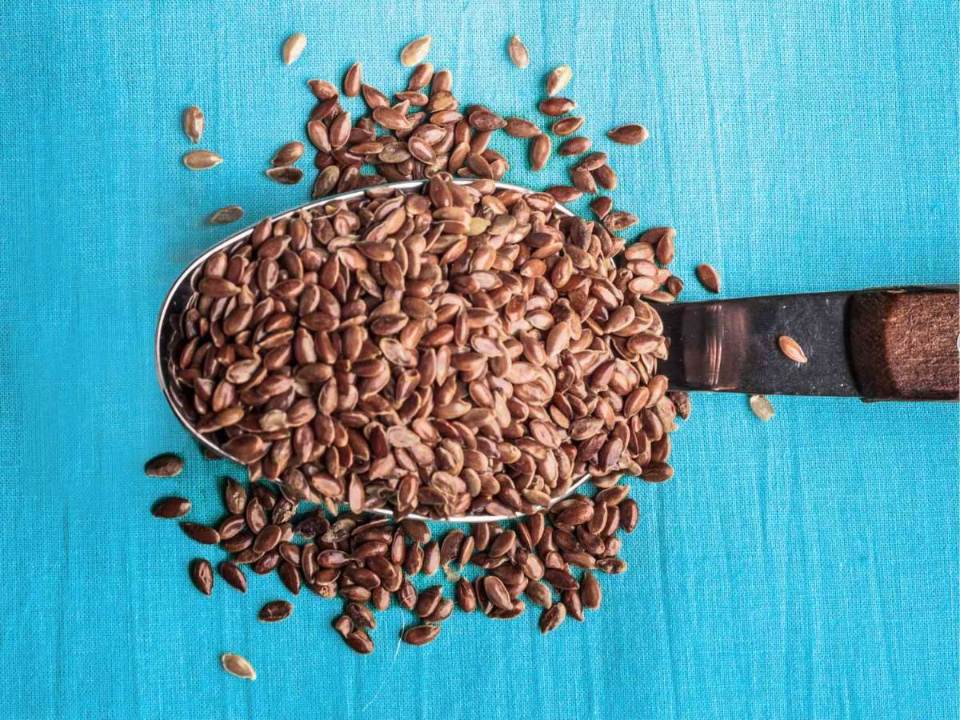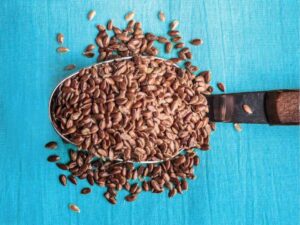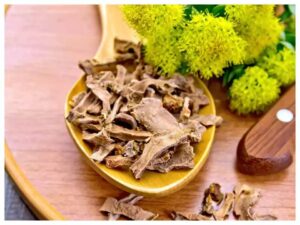The Mysterious Discovery of Dong Quai
An Enigmatic Plant
Dong Quai, also known as Angelica sinensis, is a plant that has been used in traditional Chinese medicine for centuries. It is a perennial herb that grows in cool, high-altitude regions of China, Korea, and Japan. The plant is a member of the carrot family and has a long, slender stem with delicate leaves and a cluster of small, white flowers at the top.
Dong Quai has been used for a wide range of health purposes in traditional medicine, including menstrual irregularities, menopausal symptoms, fatigue, and digestive disorders. It is also believed to have anti-inflammatory, analgesic, and immunomodulatory properties.
The Origins of Dong Quai
The exact origin of Dong Quai is unclear, but it is believed to have been discovered in ancient China more than 2,000 years ago. According to legend, the plant was discovered by a group of Chinese soldiers who were lost in the mountains during a battle. They stumbled upon a valley where they saw a herd of horses grazing on a wild plant with a strong, sweet smell.
The soldiers decided to try the plant themselves, and they found that it helped to relieve their fatigue and improve their stamina. They brought some of the plant back to their camp, where it was given to the wounded soldiers. The plant was found to have a powerful effect on their recovery, and it became known as Dong Quai, which means “state of return” in Chinese.
The Medicinal Properties of Dong Quai
Dong Quai has been used in traditional Chinese medicine for centuries, and its medicinal properties are still being studied today. The plant contains a range of active compounds, including coumarins, flavonoids, and polysaccharides, which are believed to be responsible for its therapeutic effects.
One of the main uses of Dong Quai in traditional medicine is to regulate menstrual cycles and relieve menstrual pain. It is believed to help balance estrogen levels and improve blood circulation to the reproductive organs. Dong Quai is also used to treat symptoms of menopause, such as hot flashes and mood swings.
In addition to its effects on reproductive health, Dong Quai is believed to have anti-inflammatory properties, which may make it useful for treating conditions such as arthritis and asthma. It is also believed to have analgesic properties, which may help to relieve pain.
Modern Research on Dong Quai
Despite its long history of use in traditional medicine, there is still much that is unknown about Dong Quai. However, modern research has shed some light on its potential benefits and risks.
Studies have found that Dong Quai may have a range of health benefits, including:
- Relieving menstrual pain and regulating menstrual cycles
- Reducing symptoms of menopause
- Reducing inflammation
- Relieving pain
- Boosting the immune system
However, there are also some potential risks associated with the use of Dong Quai. The plant may increase the risk of bleeding, and it should not be used by people with bleeding disorders or those taking blood-thinning medications. It may also interact with other medications, such as those used to treat diabetes and high blood pressure.
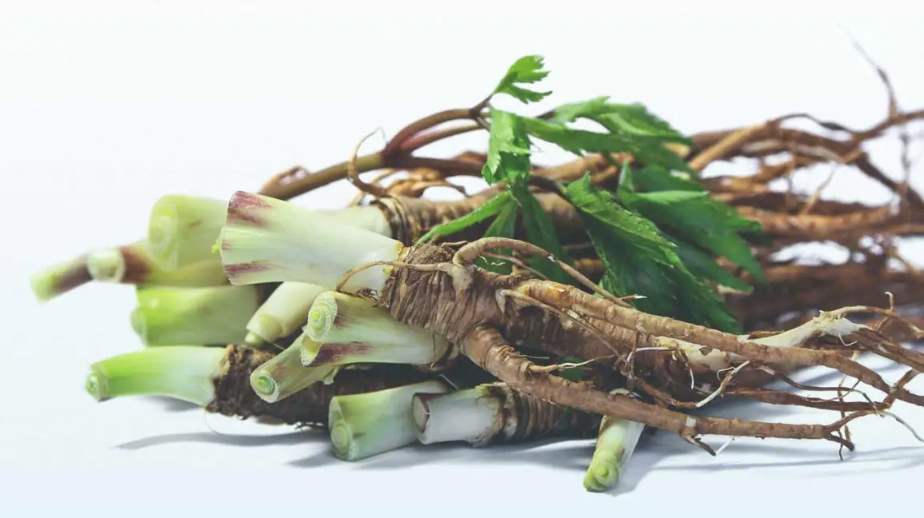
The Many Health Benefits of Dong Quai
Antioxidant Properties
Dong Quai is rich in antioxidants, which help protect the body against oxidative stress. Oxidative stress occurs when there is an imbalance between the production of free radicals and the body’s ability to neutralize them. Free radicals are molecules that can damage cells, proteins, and DNA, leading to chronic diseases such as cancer, diabetes, and cardiovascular disease.
Dong Quai contains several antioxidant compounds, including ferulic acid, caffeic acid, and coumarins. These compounds have been shown to scavenge free radicals and reduce oxidative stress in the body.
Anti-Inflammatory Properties
Inflammation is a natural response of the immune system to injury or infection. However, chronic inflammation can lead to a variety of health problems, including arthritis, asthma, and heart disease. Dong Quai contains several compounds that have anti-inflammatory properties, including coumarins, ferulic acid, and ligustilide.
Studies have shown that Dong Quai can reduce inflammation and pain in animal models of arthritis and colitis. In a clinical trial involving 70 patients with rheumatoid arthritis, Dong Quai was found to be as effective as the drug diclofenac in reducing pain and inflammation.
Menstrual Health
Dong Quai has long been used in traditional Chinese medicine to regulate menstrual cycles and relieve menstrual cramps. It is believed to work by relaxing the uterus and promoting blood flow to the reproductive organs.
Several studies have investigated the effects of Dong Quai on menstrual health. In one study, 39 women with irregular menstrual cycles were given a Dong Quai extract for 12 weeks. The extract was found to significantly reduce menstrual pain and improve menstrual regularity.
Another study involving 72 women found that a combination of Dong Quai and chamomile extracts was effective in reducing menstrual pain and improving overall quality of life.
Menopausal Symptoms
Menopause is a natural biological process that marks the end of a woman’s reproductive years. It is typically characterized by a range of symptoms, including hot flashes, night sweats, and mood changes. Dong Quai has been used for centuries to alleviate menopausal symptoms.
Several studies have investigated the effects of Dong Quai on menopausal symptoms. In a clinical trial involving 71 menopausal women, a Dong Quai extract was found to be as effective as hormone replacement therapy in reducing hot flashes and improving mood.
Another study involving 120 menopausal women found that a combination of Dong Quai, black cohosh, and chamomile extracts was effective in reducing hot flashes and improving sleep quality.
Cardiovascular Health
Cardiovascular disease is the leading cause of death worldwide. Several risk factors, including high blood pressure and high cholesterol, can increase the risk of developing cardiovascular disease. Dong Quai has been shown to have several cardiovascular benefits.
In animal studies, Dong Quai has been found to lower blood pressure, reduce cholesterol levels, and improve blood flow to the heart. In a clinical trial involving 28 menopausal women, a Dong Quai extract was found to significantly improve blood pressure and reduce cholesterol levels.
Immune System Support
The immune system plays a vital role in protecting the body against infections and diseases. Dong Quai contains several compounds that have been shown to support the immune system.
In a study involving mice, a Dong Quai extract was found to stimulate the production of white blood cells, which are important for fighting infections. Another study found that Dong Quai increased the activity of natural killer cells, which are immune cells that play a key role in defending the body against cancer and viruses.
Bone Health
Osteoporosis is a condition in which the bones become weak and brittle, increasing the risk of fractures. Women are particularly at risk of developing osteoporosis after menopause, when their estrogen levels decrease. Dong Quai has been shown to have several benefits for bone health.
In a study involving rats, a Dong Quai extract was found to increase bone density and improve bone strength. Another study found that Dong Quai could improve the absorption of calcium, which is essential for bone health.
Skin Health
Dong Quai has been used in traditional Chinese medicine to promote healthy skin. It is believed to work by improving blood flow to the skin and reducing inflammation.
Several studies have investigated the effects of Dong Quai on skin health. In a study involving 60 women, a topical Dong Quai extract was found to significantly improve skin hydration and elasticity. Another study found that a combination of Dong Quai and other herbs was effective in reducing acne and improving overall skin health.
Liver Health
The liver is responsible for detoxifying the body and processing nutrients. Dong Quai has been shown to have several benefits for liver health.
In a study involving rats, a Dong Quai extract was found to protect the liver against damage from alcohol. Another study found that Dong Quai could improve liver function in mice with liver disease.
Cancer Prevention
Several studies have investigated the effects of Dong Quai on cancer prevention. In a study involving rats, a Dong Quai extract was found to reduce the risk of colon cancer. Another study found that Dong Quai could inhibit the growth of breast cancer cells in vitro.
However, more research is needed to determine the potential cancer-preventive effects of Dong Quai in humans.
Precautions
While Dong Quai is generally considered safe, there are some precautions to keep in mind. Dong Quai may increase the risk of bleeding, so it should not be taken with blood-thinning medications. It may also interact with medications that are metabolized by the liver, so it is important to talk to a healthcare provider before taking Dong Quai if you are on any medications.
Dong Quai should not be taken during pregnancy or while breastfeeding. It may also cause photosensitivity, so it is important to avoid excessive sun exposure when taking Dong Quai.
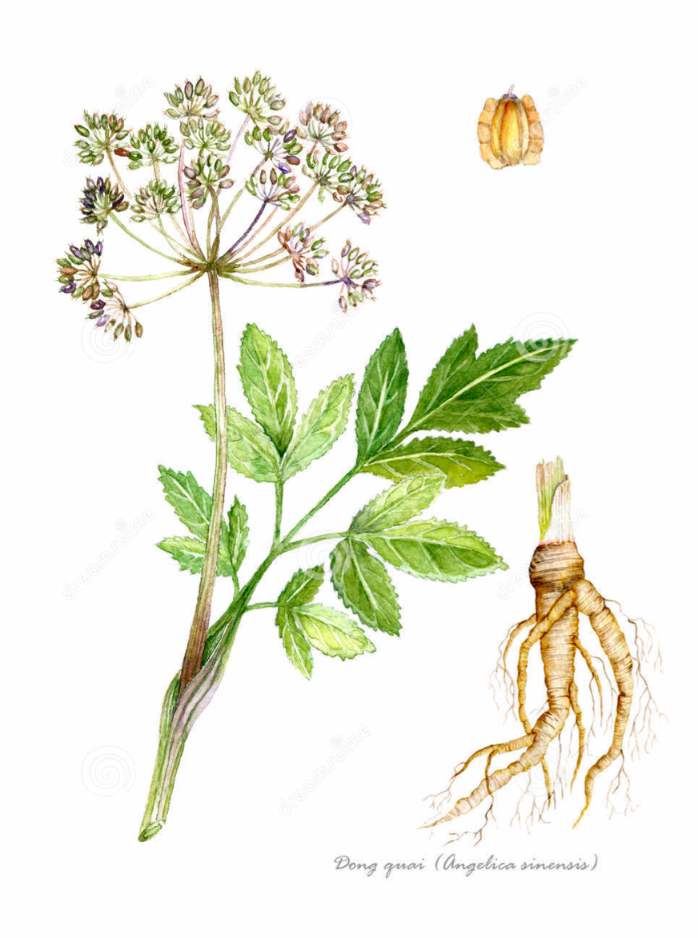
The Nutritional Components and Core Ingredients of Dong Quai
Nutritional Components
Dong Quai is a rich source of several vitamins and minerals, including vitamin B12, vitamin E, iron, and magnesium. It also contains several phytochemicals, including coumarins, ferulic acid, and ligustilide.
Coumarins are a type of phytochemical that have anti-inflammatory and anticoagulant properties. They are also thought to have a relaxing effect on the smooth muscles of the uterus, which may explain Dong Quai’s use in treating menstrual cramps.
Ferulic acid is another phytochemical found in Dong Quai. It is a potent antioxidant that can protect the body against oxidative stress. Ferulic acid has also been shown to have anti-inflammatory properties.
Ligustilide is a compound found in Dong Quai that has been shown to have a variety of health benefits. It has been found to have anti-inflammatory, antioxidant, and antitumor properties.
Core Ingredients
The core ingredients of Dong Quai are its essential oils. These oils contain several active compounds that are responsible for the plant’s medicinal properties.
One of the main active compounds in Dong Quai essential oil is Z-Ligustilide. This compound has been found to have anti-inflammatory, antioxidant, and neuroprotective properties. It has also been shown to have antitumor effects, making it a promising candidate for cancer treatment.
Another active compound in Dong Quai essential oil is beta-sitosterol. This compound has been found to have anti-inflammatory and antitumor properties. It may also have a role in regulating cholesterol levels and improving cardiovascular health.
Dong Quai essential oil also contains several other compounds, including phthalides, coumarins, and ferulic acid. These compounds have a variety of health benefits, including anti-inflammatory, antioxidant, and antitumor properties.
How to Use Dong Quai
Dong Quai is typically consumed as a tea or taken in supplement form. It is important to follow the dosage instructions on the supplement label or consult a healthcare provider before taking Dong Quai.
Dong Quai can also be used topically in the form of creams or ointments. These products are typically used to treat skin conditions such as acne and eczema.
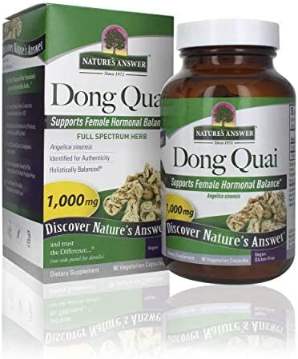
Methods for Consuming Dong Quai
Dong Quai Tea
Dong Quai tea is a popular way to consume this traditional Chinese medicine. To make Dong Quai tea, simply add 1 to 2 teaspoons of dried Dong Quai root to a cup of hot water and let it steep for 10 to 15 minutes. The tea can be sweetened with honey or stevia to taste.
Dong Quai tea can be consumed up to three times a day. It is important to note that Dong Quai tea should not be consumed during pregnancy or while breastfeeding.
Dong Quai Supplements
Dong Quai supplements are another popular way to consume this traditional Chinese medicine. Dong Quai supplements come in a variety of forms, including capsules, tablets, and tinctures. Dong Quai supplements typically contain an extract of the Dong Quai root, which is standardized to contain a specific amount of active compounds.
When taking Dong Quai supplements, it is important to follow the dosage instructions on the supplement label or consult a healthcare provider. Dong Quai supplements should not be taken during pregnancy or while breastfeeding.
Dong Quai Powder
Dong Quai powder is made by grinding the dried Dong Quai root into a fine powder. Dong Quai powder can be added to smoothies, yogurt, or other foods to increase their nutritional content.
When using Dong Quai powder, it is important to follow the dosage instructions on the package or consult a healthcare provider. Dong Quai powder should not be consumed during pregnancy or while breastfeeding.
Dong Quai Creams and Ointments
Dong Quai creams and ointments are topical preparations that contain Dong Quai extract. These products are typically used to treat skin conditions such as acne and eczema.
When using Dong Quai creams and ointments, it is important to follow the instructions on the product label. Dong Quai creams and ointments should not be used on broken or irritated skin.
Dong Quai Recipes
Dong Quai can be incorporated into a variety of recipes to increase their nutritional content. Here are a few examples:
- Dong Quai and Goji Berry Tea: Add 1 to 2 teaspoons of dried Dong Quai root and 1 tablespoon of goji berries to a cup of hot water and let it steep for 10 to 15 minutes.
- Dong Quai and Ginger Chicken Soup: In a large pot, sauté 1 chopped onion and 2 minced garlic cloves in 1 tablespoon of olive oil. Add 1 pound of boneless, skinless chicken breasts and cook until browned. Add 6 cups of chicken broth, 1 sliced ginger root, and 1/4 cup of dried Dong Quai root. Simmer for 30 to 45 minutes. Serve hot.
- Dong Quai Smoothie: In a blender, combine 1 cup of almond milk, 1 banana, 1 tablespoon of honey, 1 teaspoon of Dong Quai powder, and 1/2 teaspoon of cinnamon. Blend until smooth.

Potential Side Effects and When to Avoid Taking Dong Quai
Potential Side Effects
- Increased risk of bleeding: Dong Quai may increase the risk of bleeding, especially when taken with blood-thinning medications. It is important to talk to a healthcare provider before taking Dong Quai if you are on any medications.
- Photosensitivity: Dong Quai may cause photosensitivity, which can increase the risk of sunburn and skin damage. It is important to avoid excessive sun exposure when taking Dong Quai.
- Allergic reactions: Some people may be allergic to Dong Quai. Symptoms of an allergic reaction may include rash, itching, swelling, and difficulty breathing. If you experience any of these symptoms after taking Dong Quai, stop taking it and seek medical attention.
- Hormonal effects: Dong Quai may have hormonal effects and should not be taken during pregnancy or while breastfeeding. It may also interact with hormonal medications.
- Gastrointestinal effects: Some people may experience gastrointestinal side effects such as nausea, vomiting, and diarrhea when taking Dong Quai.
- Liver toxicity: Dong Quai may have hepatotoxic effects and should be used with caution in people with liver disease.
When to Avoid Taking Dong Quai
- Pregnancy and breastfeeding: Dong Quai should not be taken during pregnancy or while breastfeeding. It may have hormonal effects and could potentially harm the fetus or infant.
- Bleeding disorders: Dong Quai may increase the risk of bleeding and should not be taken by people with bleeding disorders or those taking blood-thinning medications.
- Hormonal medications: Dong Quai may interact with hormonal medications and should be used with caution in people taking these medications.
- Liver disease: Dong Quai may have hepatotoxic effects and should be used with caution in people with liver disease.
- Allergies: People with allergies to Dong Quai or other plants in the Apiaceae family should avoid taking Dong Quai.
- Photosensitivity: Dong Quai may cause photosensitivity and should be avoided by people who are sensitive to sunlight or who spend a lot of time outdoors.
